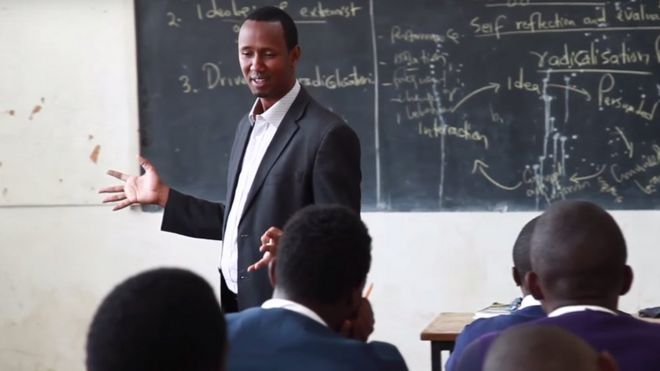tramontanajoseph
Rookie
- Oct 4, 2015
- 2
- 1
- 1
Today we are looking at how to improve teacher quality. We continue to explore our discussion on the efficient use of teachers with the goal of maximizing their effectiveness. Let’s take a look at some facts as we know them. Like other professions everyone realizes some teachers are better than others. Therefore, we know that teachingquality can fluctuateamong teaching staff. The greater amount of students that can be exposed to excellent teaching, the better the results will be.
A study done by Public Impact states that highly rated teachers are three times more effective than lower level teachers. Quality teaching should be paramount and these teachers should be relieved of all other duties except teaching. The idea is that through technology we can maximize the number of students that are exposed to the excellent teachers.
We also know that older students will be subject to college style lecture halls in the very near future. Some college classes can have as much as one hundred students in the class. Why not increase any high school classes to forty students with top teachers teaching advanced subjects like college algebra or calculus? As stated in a previous blog post, teacher quality is far more important than class size. I also recommend that since these teachers will have significantly more student contact time, they should receive greater compensation as well.
This model can dramatically reduce costs and increase academic achievement. Students will be exposed to quality teachers and class size will increase reducing the need for personnel. Through technology this teaching can be expanded to reach additional students at alternate locations as well.
The time has come to improve teacher quality and increase the availability of top teachers.
About Joseph Tramontana:
Mr. Tramontana currently serves as a charter school consultant for a large private sector organization. Mr. Tramontana has a Bachelor’s Degree in Business from Rowan University and a Master’s Degree in Management/Organizational Leadership. He also holds Standard Certificates as a Principal, School Business Administrator, and Qualified Purchasing Agent. Mr. Tramontana has received continuing education credits in Fund Accounting.
A study done by Public Impact states that highly rated teachers are three times more effective than lower level teachers. Quality teaching should be paramount and these teachers should be relieved of all other duties except teaching. The idea is that through technology we can maximize the number of students that are exposed to the excellent teachers.
We also know that older students will be subject to college style lecture halls in the very near future. Some college classes can have as much as one hundred students in the class. Why not increase any high school classes to forty students with top teachers teaching advanced subjects like college algebra or calculus? As stated in a previous blog post, teacher quality is far more important than class size. I also recommend that since these teachers will have significantly more student contact time, they should receive greater compensation as well.
This model can dramatically reduce costs and increase academic achievement. Students will be exposed to quality teachers and class size will increase reducing the need for personnel. Through technology this teaching can be expanded to reach additional students at alternate locations as well.
The time has come to improve teacher quality and increase the availability of top teachers.
About Joseph Tramontana:
Mr. Tramontana currently serves as a charter school consultant for a large private sector organization. Mr. Tramontana has a Bachelor’s Degree in Business from Rowan University and a Master’s Degree in Management/Organizational Leadership. He also holds Standard Certificates as a Principal, School Business Administrator, and Qualified Purchasing Agent. Mr. Tramontana has received continuing education credits in Fund Accounting.



